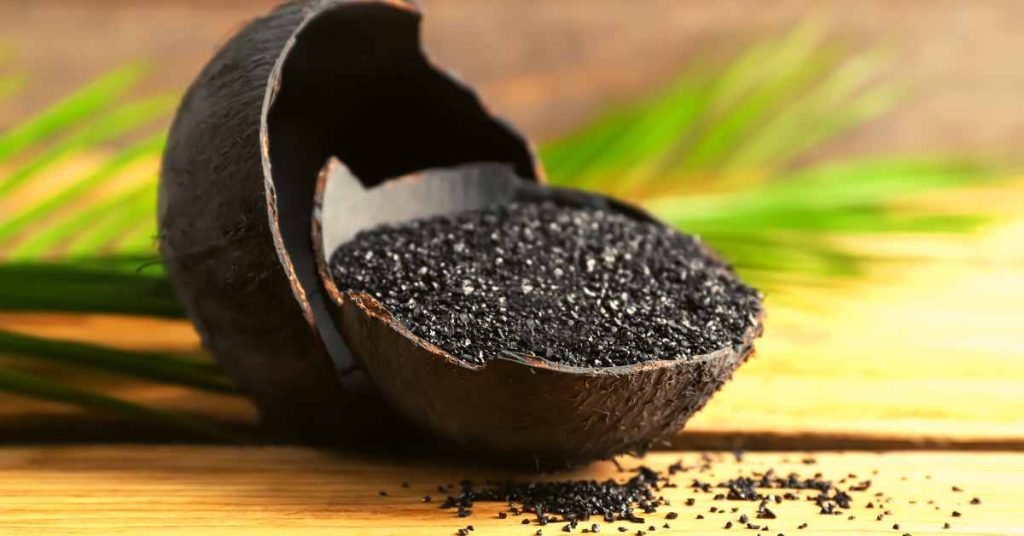Food poisoning is a common and unpleasant experience that occurs when contaminated food or water is consumed, leading to various symptoms such as nausea, vomiting, diarrhea, and abdominal pain.
While medical attention is crucial in severe cases, several natural remedies can complement traditional treatments. One such remedy gaining popularity is tea, known for its soothing properties and potential to alleviate symptoms associated with food poisoning.
Types of Tea for Food Poisoning

Peppermint Tea:
- Properties: Peppermint tea is renowned for its calming effect on the digestive system. It helps relax the muscles of the gastrointestinal tract, reducing symptoms like nausea and abdominal discomfort.
- How to Prepare: Steep fresh or dried peppermint leaves in hot water for 5-10 minutes. Drink the tea slowly to allow the soothing properties to take effect.
Ginger Tea:
- Properties: Ginger has anti-inflammatory and antibacterial properties that can aid in relieving nausea and reducing inflammation in the digestive system.
- How to Prepare: Grate fresh ginger and steep it in hot water for about 10 minutes. Optionally, add honey for a touch of sweetness and additional soothing benefits.
Chamomile Tea:
- Properties: Chamomile tea possesses anti-inflammatory and antispasmodic properties, making it beneficial for calming an irritated stomach and promoting relaxation.
- How to Prepare: Steep chamomile flowers in hot water for 5-10 minutes. For enhanced benefits, consider adding a slice of lemon or a teaspoon of honey.
Activated Charcoal Tea:

- Properties: Activated charcoal is known for its ability to absorb toxins and chemicals, which can help mitigate the effects of food poisoning.
- How to Prepare: Mix activated charcoal powder into hot water and allow it to steep for a short period. It’s important to consult a healthcare professional before using activated charcoal, as it may interact with medications.
How Tea Helps Alleviate Food Poisoning Symptoms
Hydration:
- One of the primary concerns during food poisoning is dehydration due to vomiting and diarrhea. Tea, being a liquid, contributes to rehydration and helps replace lost fluids.
Anti-Inflammatory Properties:
- Teas like ginger and chamomile contain compounds that possess anti-inflammatory properties, which can reduce inflammation in the gastrointestinal tract and alleviate discomfort.
Nausea Relief:

- Peppermint and ginger teas are well-known for their ability to alleviate nausea. These teas may help settle the stomach and reduce the urge to vomit.
Digestive Aid:
- Certain teas, such as ginger, can act as natural digestive aids, promoting the efficient breakdown of food and easing the strain on the digestive system.
Precautions and Considerations
Medical Consultation:
- While tea can provide relief, it is essential to seek medical attention for severe cases of food poisoning. Persistent symptoms may require professional intervention.
Avoid Caffeine:
- Caffeine, found in black and green teas, may exacerbate dehydration. Opt for caffeine-free herbal teas during recovery.
Limit Additives:
- When preparing tea for food poisoning relief, avoid excessive sugar or dairy additives, as they may worsen symptoms in some individuals.
Final Word

Tea, with its diverse range of types and properties, can be a valuable addition to the toolkit for managing food poisoning symptoms.
While it is not a substitute for medical treatment in severe cases, its soothing and hydrating qualities make it a comforting remedy for mild to moderate cases of food poisoning.
As with any health condition, individual responses may vary, and consulting with a healthcare professional is advised for appropriate guidance and treatment.
MEDICAL DISCLAIMER
Itsnevernotteatime.com cannot and does not contain medical/health advice. The medical/health information is provided for general and educational purposes only and is not a substitute for professional advice.




